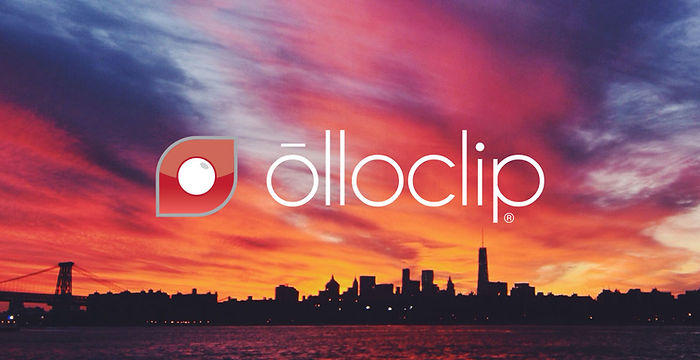- bradlondy
Updated: Jun 7, 2020

Call it “branded content.”
Call it whatever you like.
Just don’t call it “advertising.”
Why have so many in the industry become embarrassed by the “a” word? The Drum asked that very question to three industry experts based in the U.K. Their answers weren’t all that surprising.
“A is for arrogant, apologetic, account led, all things to all people,” said Jo Wallace, a creative director at J. Walter Thompson, London.
Elizabeth Valleau, global creative strategist at Facebook, answered the question by quoting a creative director she met at a bar in Cannes. “We all just want to be famous…but no one actually likes what we do. Advertising is not an art, it’s a trade.”
Mike Mahoney, chief creative officer of Ogilvy Mather, sees advertising as a manufacturing business rather than a service industry. “We produce a product. The purpose of that product is to help sell things. If that feels a bit grubby to you then I suggest you’re in the wrong industry.”
Still, all of their assessments ended with a hint of optimism. The net takeaway of their remarks was that while the ad business has lost some of its luster, there’s still a chance to shine.
They see the realities of digital access and social media actually making advertising more human. “Buyers and brands are now having exchanges of ideas in a more honest way than ever before,” explained Valleau. “Transparency, listening, responsiveness and even intimacy are possible now.”
Of course, the power of advertising to educate, inspire and provoke will be what ultimately determines its fate. At a time when the industry is under siege more than ever before—by a host of factors Ken Auletta describes in his excellent book Frenemies—the quality of the creative work is more important than ever.
As a veteran of the industry, who still loves this business, I believe that great ideas, brilliantly executed, can still have a major impact on how people think and feel—and the brands they align with.
For me, “advertising” is not a dirty word at all, but rather a badge of honor.

The recent Burger King spots poking fun at AI’s creative prowess got lots of press (and accolades). But underlying the cheeky spots was a stark reality. Human copywriters’ days may be numbered.
In his most recent article in Communication Arts, veteran creative director Ernie Schenck decries a creative future driven by technology. Schenck paints a doomsday scenario in which he seeks out the last copywriter holdout, Martha, who’s living in a small town in Minnesota. A veteran of BBDO, she’s still honing her craft—writing clever ads for her church congregation.
Schenck ends the article with a warning: Whether or not she (Martha) turns out to be the shadow of what might be is up to us. Let’s not demonize technology. But let’s not lionize it either.
With so much focus on digital data in the advertising business right now, it’s easy to understand Schenck’s concern. I keep asking myself similar questions. Will creativity be lost in the new reality—when big data promises certainty about what customers want, where and when they want it?
A Digiday article with the ominous title “Code Eats Copy for Breakfast: Human Copywriters Are Doomed” seems to think so. The author, Mark Duffy, writes:
The technological race for human (consumer) attention won’t be won by human copywriters. This “People Based Marketing” everybody’s crowing about will very soon be executed best by nonhuman copywriters. Every day, brands and marketers are demanding more and more speed and more and more ideas from their “creative” agencies. And creative agencies are gape-mouthed clueless on how to meet these demands. There is much money to be made closing this gap. And you can bet ethicless Silicon Valley will close it. Quick.
Somehow I refuse to be this cynical. I want to believe that human creativity will continue to survive and thrive in the advertising business. Then again, maybe I suffer from a case of wishful thinking.
- bradlondy

I have a strong belief about branding.
If you can’t define your brand in five words or less, you really don’t understand what your brand means to consumers. Think about it:
Target = cheap chic.
Starbucks = the coffee experience.
BMW = the ultimate driving machine.
What does your brand equal?
Anyone can give a big long pitch to describe what their brand is and does. But in today’s world of the 140-character Tweet and non-stop promotional content, consumers don’t have a lot of time for (nor do they want much) explanation.
That’s why it’s essential to strip away all the adjectives and product benefits and technical jargon to get to the heart of what your brand is really about: your single, most important value proposition.
It’s an essential exercise, and an extremely valuable one. Simplicity sells. The world is complicated enough.
Need help getting your brand proposition down to five words or less? I'd love to help.
Photo: Creative Commons (Martin Fisch)






